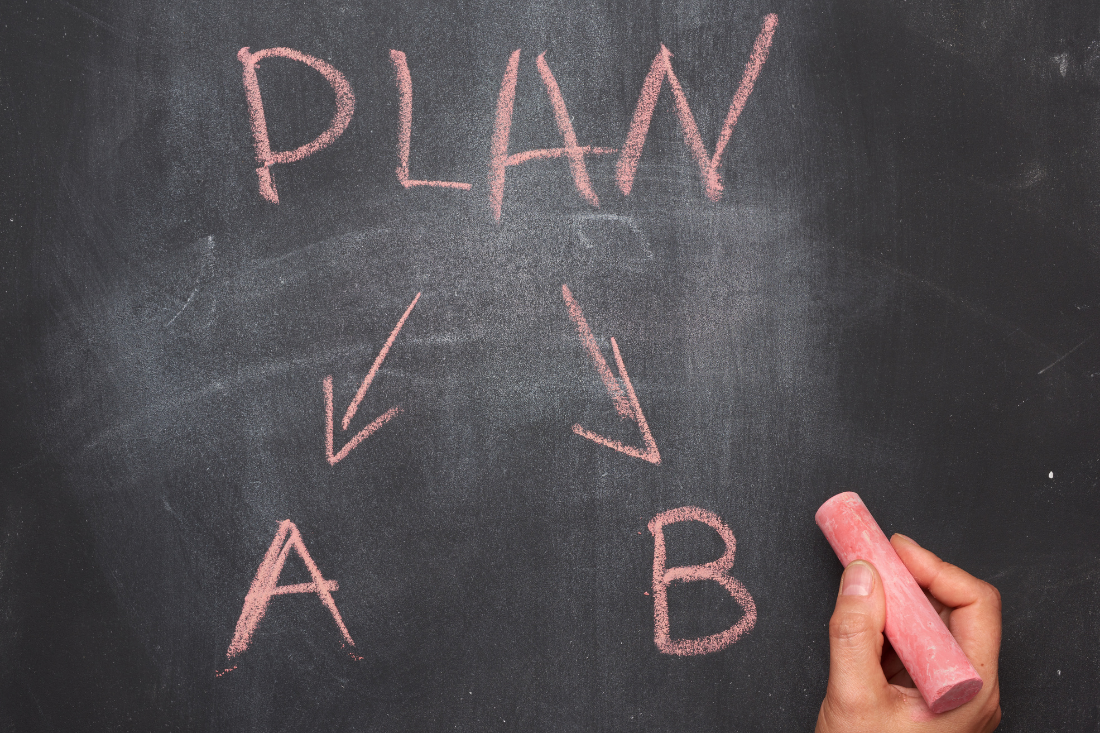
California recently banned suspensions for willful defiance in elementary and middle schools. When we shared this news on social media, the reaction was passionate—in both directions. It was lauded by many as crucial to addressing the school to prison pipeline and especially when students of color are suspended at alarmingly higher rates. And yet it was sharply criticized by others as being soft. The comment I read that struck me the most, however, was this:
“There has to be some alternative to just doing nothing. What programs is the state going to establish and pay for to help these students… what measures are being put into place instead of just banning?”
I’ve learned over the years helping hundreds of organizations change their disciplinary programs that you really shouldn’t take things away from folks before you give them something of equal or greater value to use in their stead. Otherwise, all hell will break loose. Taking away suspension for willful behavior might be a start towards more equitable and effective discipline, but it won’t make the problem go away, could make it worse, and will only be effective if educators have something effective to do instead.
I recall visiting a program serving adolescents with severe behavioral difficulties years ago. From the very beginning of the introductory training I was there to provide in our Collaborative Problem Solving approach, I sensed an unusual amount of tension and even hostility in the air. One of the staff members who looked particularly angry stared menacingly at me and asked, “Did you write that book on Collaborative Problem Solving?” I later learned that three days prior to my arrival their leadership had told the staff that they were no longer allowed to use their system of rewards and consequences to shape behavior since they had decided to implement this new approach I would be sharing with them. In the intervening days, chaos had ensued as people had no idea how to respond to episodes of challenging behavior.
Another phenomenon I’ve noticed is that if you take away one form of something from staff, they will likely resort to more of other forms of the same thing. In a therapeutic school to which I was consulting, the staff was told that they had to stop putting out-of-control students in the quiet room due to new legislation, which they did. Successfully. The problem was that they ended up restraining students at alarming rates instead. In essence, they traded seclusions for restraints. I can foresee how banning suspensions could simply result in dramatic increases in things like detentions and other forms of punitive responses aimed at curbing bad behavior. This is especially likely because when we fear increased disruptive behavior from easily dysregulated students, we get dysregulated ourselves and reach for more of the only thing we know, even if it isn’t working. Our followers on social media echoed these fears, suggesting that banning suspensions would be:
“Turning schools into holding pens for kids who lack the… self-control to attend class without behaving in ways that interfere with an instructor’s efforts to teach… Instead of teaching or learning, we are making laws to accommodate and tolerate unacceptable behavior.”
Other followers feared that taking away suspensions would render teachers defenseless and impact the rest of the students, commenting that:
“Kids that disrupt class and can’t be disciplined keep others in the class from learning.”
And that:
“Well-behaved students are punished by the disruptive behaviors of others.”
Perhaps the biggest fear of our followers could be summed up by this comment:
“So kids will learn there are no consequences for bad behavior… soon they will be out of school doing petty crimes and they will learn once again in California there is no consequence for that.”
Fortunately, there are proven alternatives to detentions and suspensions—which is especially critical given the tragic consequences of the disproportionality of school discipline across race lines. Research clearly shows that when teachers learn evidence-based, relational approaches like Collaborative Problem Solving or restorative practices challenging behavior is reduced so teachers can teach and students can learn. All students that is. The students who struggle with their behavior and the ones who are impacted by their behavior. And yes, these students take responsibility for their actions. How so? By being on the hook to solve the problems their behavior is causing. After all, isn’t that the most meaningful consequence there could be? Missing school provides no accountability. The most powerful consequence is one of accountability.
It’s time to focus on providing educators with intensive, high-quality training in alternatives to suspension. Just like our students, who do well if they can, so do educators! We are putting our educators in an impossible situation if we take things away without equipping them with the training and resources they need to do something else.
This article originally appeared on Psychology Today.
Ablon, JS, Pollastri, AR. The School Discipline Fix: Changing Behavior using Collaborative Problem Solving. New York: Norton; 2018.
Pollastri, AR, Epstein, LD, Heath, GH, & Ablon, JS. The Collaborative Problem Solving approach: Outcomes across settings. Harvard Review of Psychiatry, 2013, 21(4), 188-199.